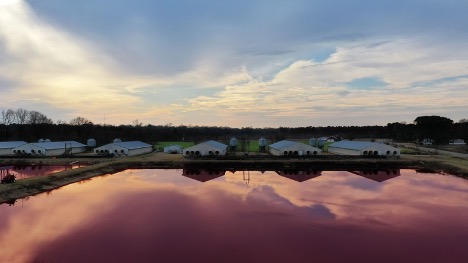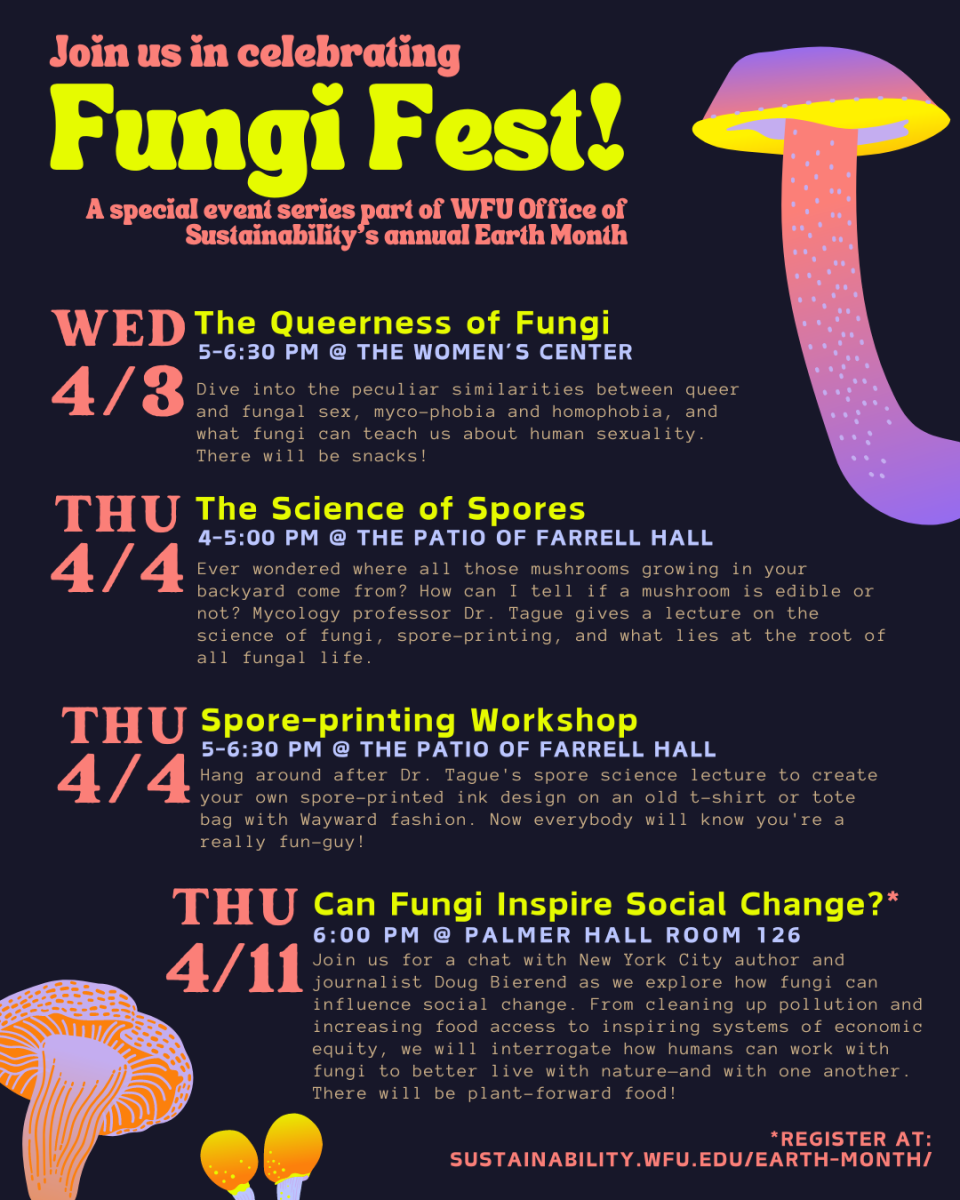You might be familiar with the odors associated with the indoor pens of barnyard animals. One strong waft of manure is enough to make most people plug their noses and escape to fresh air as quickly as possible.
Imagine, however, that the smell stayed with you. That it followed you home, filled the spaces of your car, the walls of your home, your backyard. It came with you to bed at night and greeted you each morning, clung to your clothes, hung in your hair and caked your lungs.
This is an everyday reality for residents of rural Smithfield, N.C., where the stench of 10 billion gallons of waste from the 8.8 million pigs produced each year in industrial feedlots permeates into the local air and waterways.
For the predominantly Black, Latino and Indigenous residents living near the hog mega facilities, the putrid odor is only the most conspicuous negative impact they suffer from. A slew of health issues, including nausea, breathing problems, anemia, kidney disease, septicemia, tuberculosis, infant mortality and low birth weight among newborns also accompany the stench.
The documentary “The Smell of Money” was screened last Thursday at Wake Forest University in the Annenberg Auditorium of Carswell Hall. The film, written and produced by Jamie Berger, follows the story of local Smithfield resident Elise Herring and their community as they take on the multibillion-dollar pork industry through legal action. The event was funded by the Provost’s Fund for Academic Excellence and the Environment and Sustainability Studies Program and as a collaboration between Wake Forest, CleanAireNC and The NC Conservation Network.
Berger reported that, while filming, she was frequently appalled and shaken by the racial discrimination and environmental injustice the residents of Smithfield face. Experiencing the power of white privilege and prejudice that led Black and Brown residents to fear for their health — and, at times, their lives — is part of what motivated her to finish the multi-year-long project.
At one point a farmer even came to his front yard and cocked a shotgun at us. They really don’t want opposition to the industry they have there, and they are willing to do what it takes to protect that.
— Jamie Berger, Writer and Producer
“One of the most disturbing stories that I’ve heard people talk about is the sensation of actually feeling the spray, the fecal waste, raining down on them,” said Courtney Woods, an associate professor at the University of North Carolina School of Public Health, who has studied these effects, in an article written by Berger for Vox. “They see it on their cars, on their homes … and outside of that, just feel outraged. There are associations with stress and anxiety that we have studies to demonstrate.”
Senior Mia Handler was in attendance at the screening. She said that she wasn’t expecting the film to move her as much as it did, especially in scenes where residents feared for their lives at the hands of hog farmers.
“There was an interviewee — she had been outspoken in the past against industrial hog farming — who showed the measures she took every day to keep safe,” Handler said. “She had to put cardboard around her windows, so people couldn’t tell where in her house she was and shoot at her. It was really heartbreaking and showed the courage all of the participants had in speaking up for environmental justice.”
Berger acknowledged that there were times during the filming process when she and her crew even felt unsafe driving through the rural parts of Smithfield.
“The police pulled us over once to ask what we were doing there, what we were filming about,” Berger said. “At one point a farmer even came to his front yard and cocked a shotgun at us. They really don’t want opposition to the industry they have there, and they are willing to do what it takes to protect that.”
Berger emphasized, however, that the goal of the film was simply to educate the public and empower people to make a change in their actions.
“This system — hog farming — is truly all around the world now,” Berger said, “and no matter where it is, it is affecting the most vulnerable people, the people who have the least economic and political power to be able to fight it. So I think it’s important that we show people that…”








